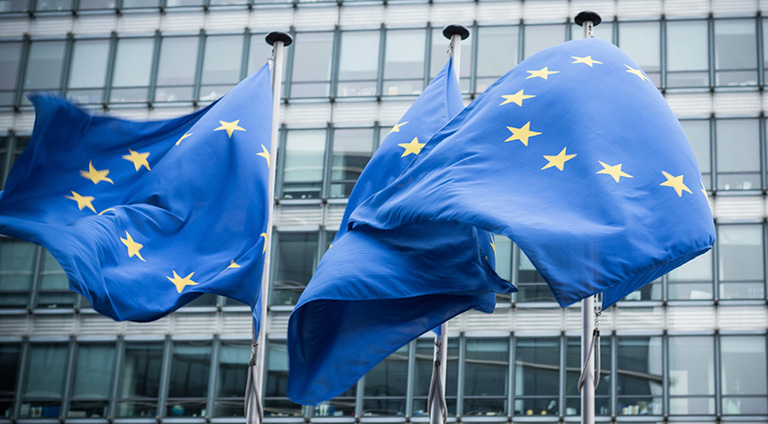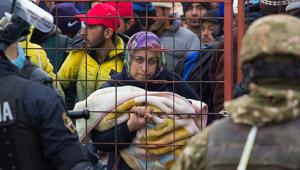The commission said the budget aimed to tackle the bloc’s two main challenges: the sluggish economic recovery and the security and humanitarian crises.
Commission vice president Kristalina Georgieva, in charge of budget and human resources, underscored the importance of a successful budget as the region faces “massive challenges”.
“In these difficult times, a focused and effective EU budget is not a luxury but a necessity. It helps buffer against shocks, providing a boost to our economy and helping to deal with issues like the refugee crisis,” she said.
The European Union has been dealt a series of body blows in recent years, with a weak economy, the refugee crisis and the UK’s recent vote to leave shaking the foundations of what had been a strong, united membership.
The UK’s decision to break away from the EU has triggered yet more uncertainty and instability, leaving the bloc reeling from the news it is to lose one of its most important members.
The commission stressed that the impact of the referendum results had no impact on the draft budget as the UK is likely to remain a member of the EU for two more years.
However, the €74.6bn committed to boost jobs, growth and investment next year – a €4.2bn increase on last year – no doubt considers the looming economic shock of Brexit and the need to convince member states that access to the single market can deliver economic success.
The funds will support research and innovation through the Horizon 2020 research programme, small- and medium-sized enterprises and trans-European infrastructure. It will also bolster efforts to remove obstacles to investment and foster convergence between member states.
The draft budget is split into two amounts. Figures classed as “payments” will be delivered in 2017, while “commitments”, like the €74.6bn above, can be postponed until later.
The budget also proposes spending €5.2bn to reinforce the EU’s external borders, prevent migrant smuggling and address the long-term drivers of migration in countries of origin.
Proposed funds are earmarked for a review of the union’s asylum system, including a reform of the Dublin mechanism which stipulates that refugees must seek asylum in the first EU country in which they arrive, and the establishment of an EU agency for asylum.
The draft budget allocates significant resources for security, with €111.7m earmarked for Europol, €61.8m dedicated to enhancing the security of EU institutions and another €16m for unspecified “security measures”.
“In line with the increasing importance of stronger European defence cooperation, the commission is proposing a preparatory action for research in the defence area with €25m in 2017,” the commission’s statement added.
The bloc is facing increasing hostility from Russia, as well as the threat of terrorist attacks by ISIS, other groups or home-grown terrorists who act on their behalf, as in the attacks in Paris in November 2015 which killed 130 and injured hundreds more or the Brussels bombings in March which killed 32.
The commission said it hopes for the budget to be as “flexible and focused”, providing the means to press ahead in priority areas while reducing spending for less urgent activities.
“As always, we continue to focus our budget on results, making sure that every euro from the EU budget is well spent,” added commissioner Georgieva.
The European Council and European Parliament will now consider the proposed budget, reaching decisions in the summer and autumn respectively.













